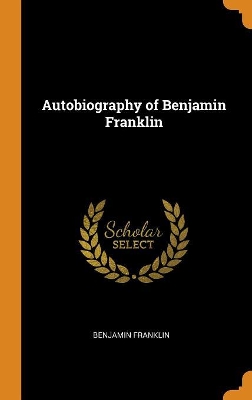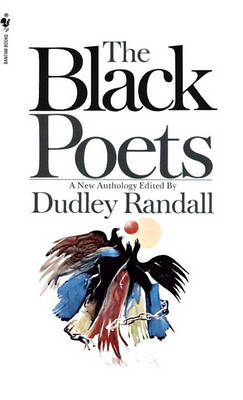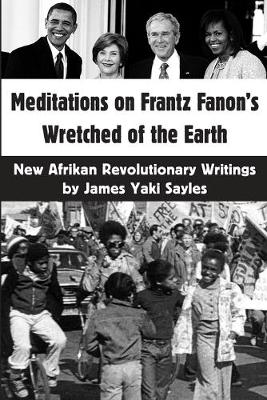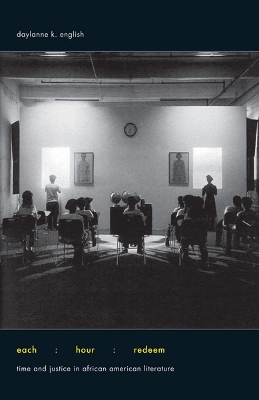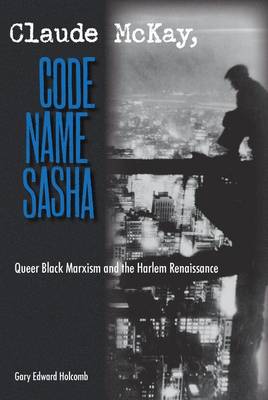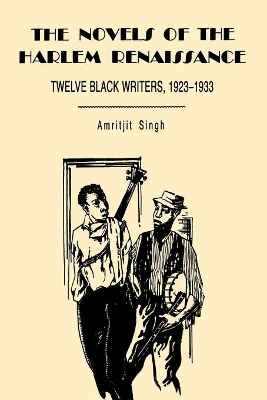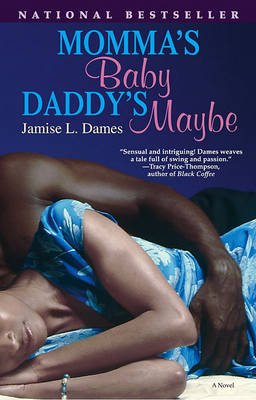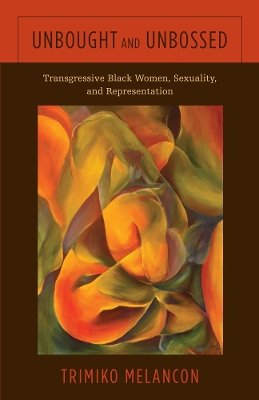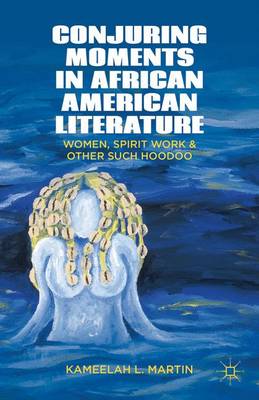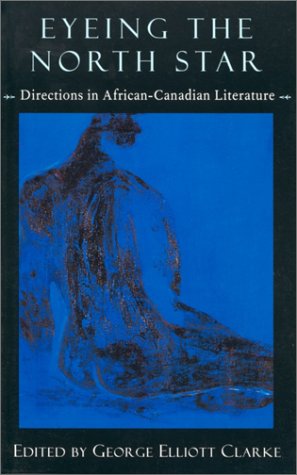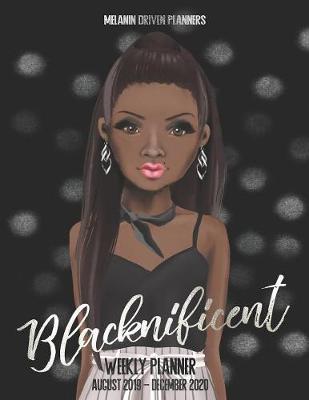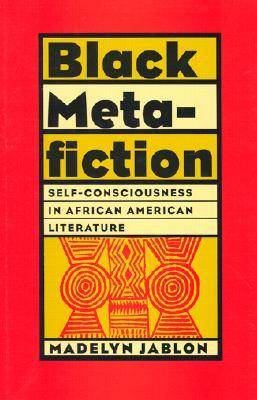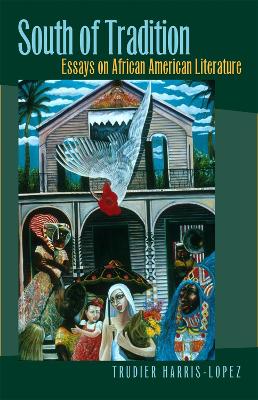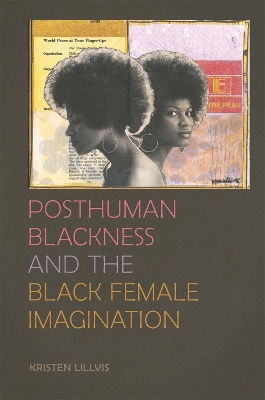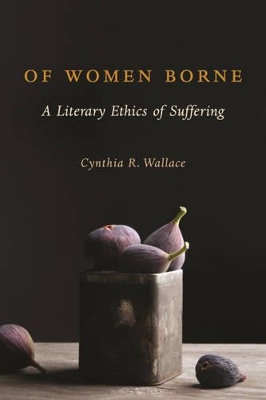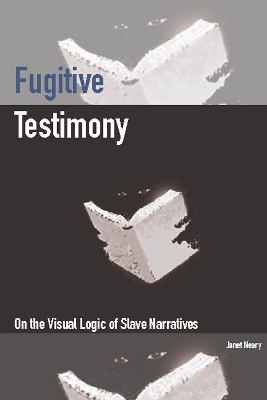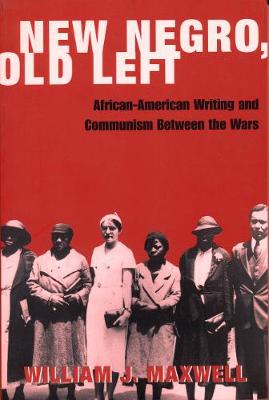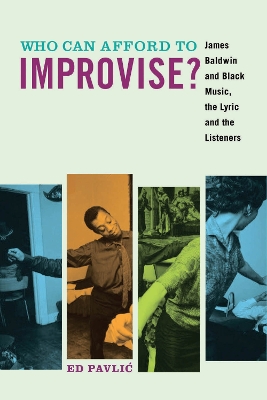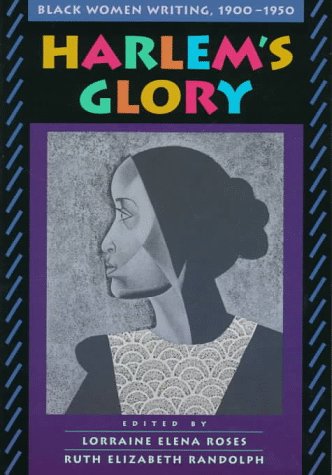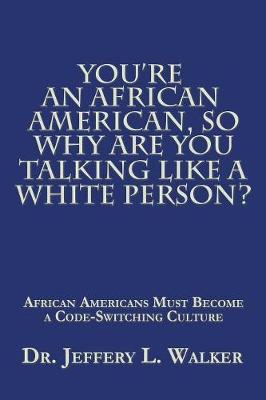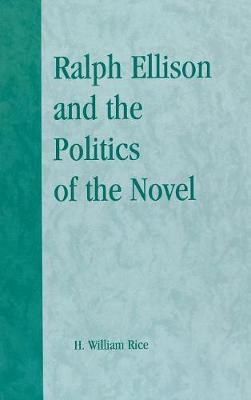The authoritative edition of Franklin's autobiography, now with a new introduction by eminent Franklin scholar Edmund S. Morgan Translated into a dozen languages, printed in hundreds of editions, and read by millions of people, Franklin's autobiography has had an influence perhaps unequaled by any other book by an American writer. Written ostensibly as a letter to his son William, the autobiography offers Franklin's reflections on philosophy and religion, politics, war, education, material succe...
Meditations on Frantz Fanon's Wretched of the Earth
by James Yaki Sayles
From her activism to her passionate writings, June Jordan (1936 - 2002) is one of the most revered American poets of our time. Jordan's writing simultaneously provokes delight and energy while urging reflection on American society and its injustices. In Still Seeking an Attitude, the first reflection on her legacy, Jordan's life and works are explored in depth and detail, focusing on subjects ranging from her use of language and linguistics to her political activism and role in children's litera...
Each Hour Redeem advances a major reinterpretation of African American literature from the late eighteenth century to the present by demonstrating how its authors are centrally concerned with racially different experiences of time. Daylanne K. English argues that, from Phillis Wheatley to Suzan-Lori Parks, African American writers have depicted distinctive forms of temporality to challenge racial injustices supported by dominant ideas of time. The first book to explore the representation of time...
Cliffsnotes on Ellison's Invisible Man (Cliffsnotes)
by Durthy Wahsington, Ralph Waldo Ellison, and Durthy A Washington
Sasha was the code name adopted by Harlem Renaissance writer Claude McKay (1889-1948) to foil investigations of his life and work. In this study of four of McKay's texts - the first literary, cultural, and historical analysis to address the multilayered ""queer black anarchism"" in McKay's writings - Holcomb argues that McKay's ""fringe"" perspective not only targeted him for investigation but also contributed to a declining literary reputation. Perceived as mystifying and unacceptable because o...
A critical study of twenty-one novels published between 1923 and 1933, focusing on interracial issues of self-definition, class, caste, and color in the works of twelve black writers of the Harlem Renaissance.
Unbought and Unbossed critically examines the ways black women writers in the 1970s and early 1980s deploy black female characters that transgress racial, gender, and especially sexual boundaries. Trimiko Melancon analyzes literary and cultural texts, including Toni Morrison’s Sula and Gloria Naylor’s The Women of Brewster Place, in the socio-cultural and historical moments of their production. She shows how representations of black women in the American literary and cultural imagination diverge...
Conjuring Moments in African American Literature
by K. Samuel and Kameelah L Martin
This book engages the ways African American authors have shifted, recycled, and reinvented the conjure woman in fiction. Kameelah Martin Samuel traces her presence and function in twentieth-century literature through historical records, oral histories, blues music, and collections of African American folklore.
Examines the tradition of self-consciousness in African American literature. The book points to the shortcomings of theories of metafiction founded on studies of Anglo-American literature. It analyzes and evaluates these theories, providing a model for the evaluation of other Eurocentric theories.
Posthuman Blackness and the Black Female Imagination examines the future-oriented visions of black subjectivity in works by contemporary black women writers, filmmakers, and musicians, including Toni Morrison, Octavia Butler, Julie Dash, and Janelle Monae. In this innovative study, Kristen Lillvis supplements historically situated conceptions of blackness with imaginative projections of black futures. This theoretical approach allows her to acknowledge the importance of history without positing...
The literature of Adrienne Rich, Toni Morrison, Ana Castillo, and Chimamanda Ngozi Adichie teaches a risky, self-giving way of reading (and being) that brings home the dangers and the possibilities of suffering as an ethical good. Working the thought of feminist theologians and philosophers into an analysis of these women's writings, Cynthia R. Wallace crafts a literary ethics attentive to the paradoxes of critique and re-vision, universality and particularity, and reads in suffering a redemptiv...
Fugitive Testimony traces the long arc of the African American slave narrative from the eighteenth century to the present in order to rethink the epistemological limits of the form and to theorize the complicated interplay between the visual and the literary throughout its history. Gathering an archive of ante- and postbellum literary slave narratives as well as contemporary visual art, Janet Neary brings visual and performance theory to bear on the genre’s central problematic: that the ex-slave...
In a broad-ranging, revisionary account of the relationship between African-American literary culture and Communism in the 1920s and 19302, William J. Maxwell uncovers both black literature's debt to Communism and Communism's debt to black literature, reciprocal obligations first incurred during the Harlem Renaissance. Juxtaposing well-known and newly rediscovered works by Claude McKay, Andy Razaf, Mike Gold, Langston Hughes, Louise Thompson, Richard Wright, Zora Neale Hurston, and Nelson Algren...
More than a quarter-century after his death, James Baldwin remains an unparalleled figure in American literature and African American cultural politics. In Who Can Afford to Improvise? Ed Pavlic offers an unconventional, lyrical, and accessible meditation on the life, writings, and legacy of James Baldwin and their relationship to the lyric tradition in black music, from gospel and blues to jazz and R&B. Based on unprecedented access to private correspondence, unpublished manuscripts and attuned...
In Furiously Funny, Tucker finds that comic rage developed from black oral tradition and first shows up in literature by George Schuyler and Ralph Ellison shortly after World War II. He examines its role in novels and plays, following the growth of the expression to comics and stand-up comedy and film, where Richard Pryor, Spike Lee, Whoopi Goldberg, and Chris Rock have all used the technique. Connecting through humor to what is familiar in both mainstream and African American culture, works o...
Harlem's Glory
This text unfolds a tradition of writing by African-American women from the first half of the 20th century, hitherto mostly hidden. Each text is placed in historical context, with special emphasis on matters of race and gender. This amalgam of prose, poetry, non-fiction and fiction includes the words of luminaries like Zora Neale Hurston and Georgia Douglas Johnson as well as previously unpublished writings by figures like Angelina Weld Grimke, Elise Johnson McDougald, and Regina Andrews, all cu...
You'Re an African American, so Why Are You Talking Like a White Person?
by Jeffery L Walker
In this engaging study, H. William Rice illuminates the mystery that is Ralph Ellison: the author of one complex, important novel who failed to complete his second; a black intellectual who remained notably reticent on political issues during the desegregation of his native South. Rice reads both Invisible Man and the posthumously published Juneteenth as novels that focus on the political uses of language. He explores Ellison's concept of the novel, promulgated in that author's two collections o...
